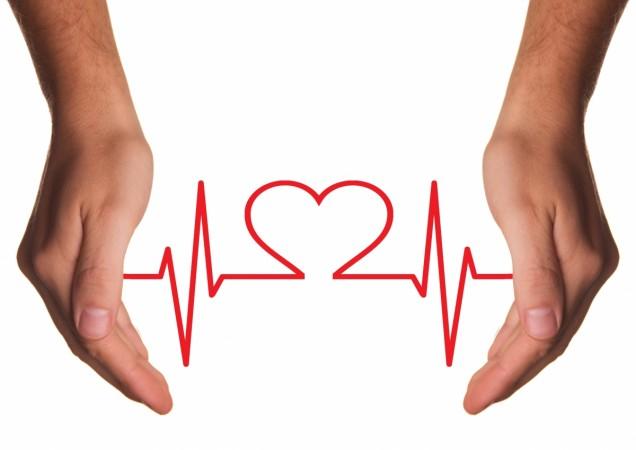
The theme for World Stroke Day 2016 is 'Stroke is Treatable'. Various organisations have come up with initiatives to fight against and spread awareness about cardiovascular ailments in different regions of the world.
A stroke refers to a brain attack, which cuts oxygen and vital blood flow to the brain. When blood vessels which circulate the blood to the brain get blocked or burst, it leads to stroke. A new therapy called 'cellular therapy' can cure this ailment.
Dr Vijaya Bhaskar, a health specialist at Nightingales Home and Dr Pradeep Mahajan, a researcher from StemRx Hospital spoke to International Business Times, India regarding heart strokes. They enlightened us with the following heart health information:
Post stroke care:
Strokes are life-changing events that can affect a person both physically and emotionally, temporarily or permanently. After a stroke, successful recovery will often involve specific rehabilitative activities such as:
- Physiotherapy: Regular physiotherapy is the most important aspect of treatment after stroke to make the patient to get back on his foot and do the work again.
- Speech therapy: To help the patient to understand and communicate with others.
- Occupational therapy: To help a person to improve their ability to carry out routine daily activities, such as bathing, cooking, dressing, eating, reading and writing
- Support from friends and family: To provide practical support and comfort. Letting friends and family know what can be done to help is very important.
- General Nursing: If the patient become bed ridden, the general nursing care is very important.
Strokes are likely to recur if enough care is not taken. Several conditions and certain lifestyle choices can put people at higher risk for stroke.
Risk factors for stroke:
Several conditions and certain lifestyle choices can put people at higher risk for stroke. The most important risk factors are—
- High blood pressure
- Heart disease
- Diabetes
- Cigarette smoking
- Prior stroke
Prevention:
Heart stroke can recur, so the most effective way to prevent a stroke is through maintaining a healthy lifestyle which includes the following:
- Eating a healthy diet
- Maintaining a healthy weight
- Exercise regularly
- Keeping blood pressure under control
- Managing diabetes well
- Not smoking
- Avoiding alcohol or moderating consumption
Cellular therapy:
New treatment strategies focus on neuroregenerative approaches, among which the application of cells referred to as 'progenitor' from bone marrow/adipose tissue has gained increasing attention. These cells have the capacity of self-renewal and giving rise to differentiated cells from various lineages. Another type of stem cells called 'mesenchymal' are capable of differentiating into neurons on exposure to various inducing regimens and are capable of secretion of growth factors which are critical for neuronal survival. Cellular therapy has been shown to reduce the size of infarcts and improve functional outcomes in stroke victims.

















